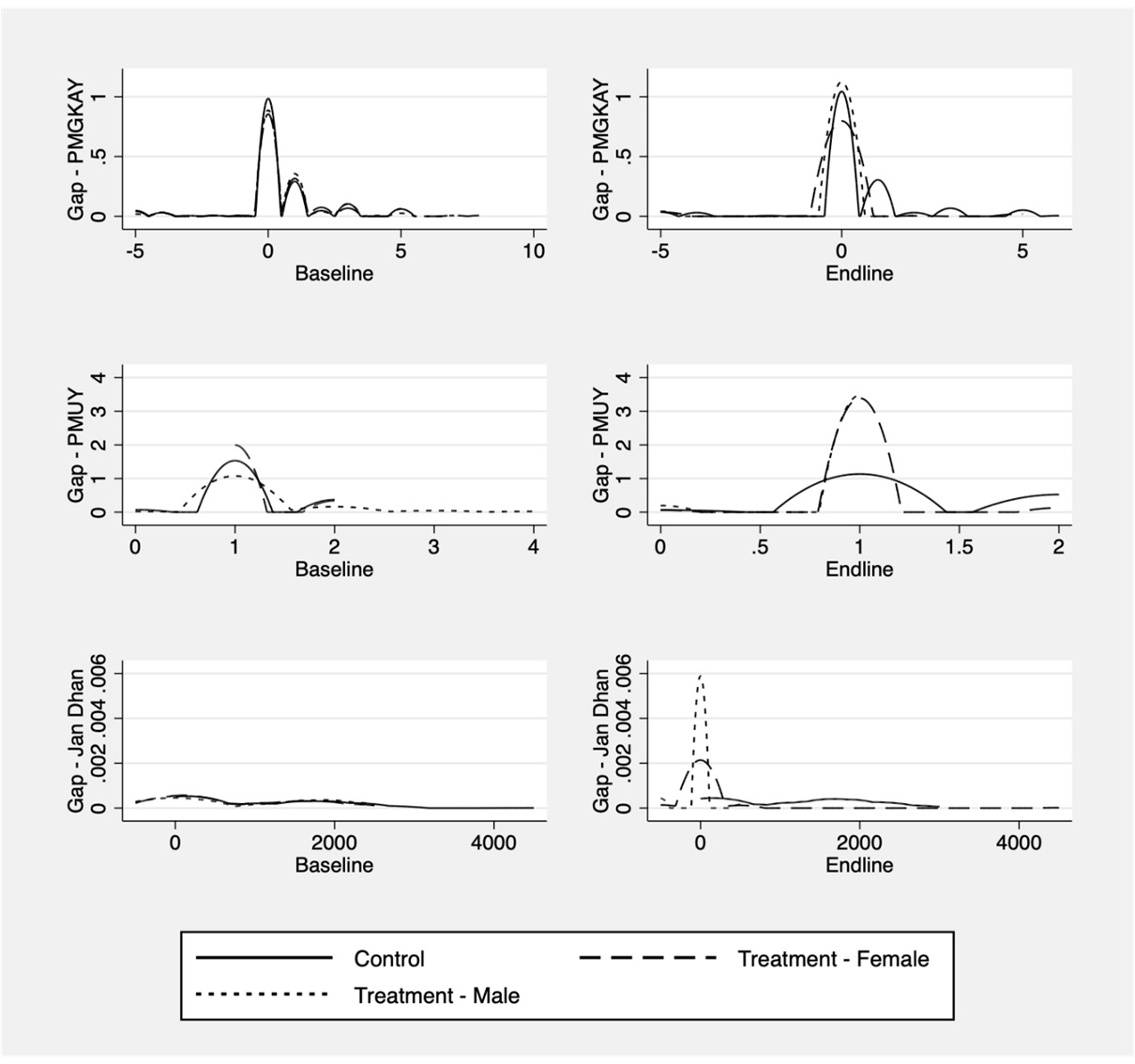Ongoing research by the Development Economics Research Centre at Kent, is featured in Ideas for India.
Based on a field experiment in Kanpur in Uttar Pradesh, this DeReCK study shows that simple, low-cost, information provision interventions can improve the accuracy of households’ beliefs about the entitlements they are eligible for and increase the amounts they actually receive, improving beneficiaries’ food security and well-being.
This ongoing research undertaken in the populous North Indian state of Uttar Pradesh between September 2020 and February 2021 is a collaboration between Amrit Amirapu, Irma Clots-Figueras, Bansi Malde, Anirban Mitra, Debayan Pakrashi and Zaki Wahhaj, members of DeReCK and has been published in Ideas for India, an economics and policy portal that publishes evidence-based analysis and commentary on issues pertaining to growth and development in India.
Although many governments introduced additional benefits as part of existing welfare schemes for Covid-19 relief, there is often a significant gap between the introduction of, and access to these benefits. Based on a field experiment in Kanpur in Uttar Pradesh, this article shows that simple, low-cost, information provision interventions can improve the accuracy of households’ beliefs about the entitlements they are eligible for and increase the amounts they actually receive, improving beneficiaries’ food security and well-being.
The Covid-19 pandemic has had a profound impact on the livelihoods of millions of households, resulting in widespread poverty and food insecurity (see Gentilini et al. (2021) and Vyas (2020), among others). To mitigate these pernicious effects, many governments have introduced additional benefits as part of their existing welfare schemes. However, there is often a significant gap between the introduction of these measures and access to the benefits they entail – potentially due to ineffective communication, lack of awareness among the intended beneficiaries, complexity of the schemes, and corruption. It is therefore crucial to understand both the nature of these gaps and the measures that governments can take to ensure that programmes effectively reach their intended beneficiaries.
In a recent study (Amirapu et al. 2022), we seek to understand whether providing personalised information on access to emergency government benefits improves the knowledge, uptake, and well-being of citizens. To answer these questions, we conducted a field experiment in the city of Kanpur in the populous north Indian state of Uttar Pradesh between September 2020 and February 2021.
‘Our work contributes to a growing literature on the effects of providing information on government benefit entitlements.’ Anirban Mitra explains ‘Our personalised information provision intervention provides some compelling findings which can inform emergency relief policy design.
‘We demonstrate that low-cost but credible information interventions can have a substantial impact in such contexts. In particular, providing such information can correct the target beneficiaries’ perceptions about benefit entitlements and change their behaviour, resulting in increased access to benefits.’
‘Our work is especially relevant to the design of aid policies in developing countries -particularly, the aspect of dissemination of news of such policies — so as to increase uptake by the ones most in need of such aid.’
Read the full piece here.

